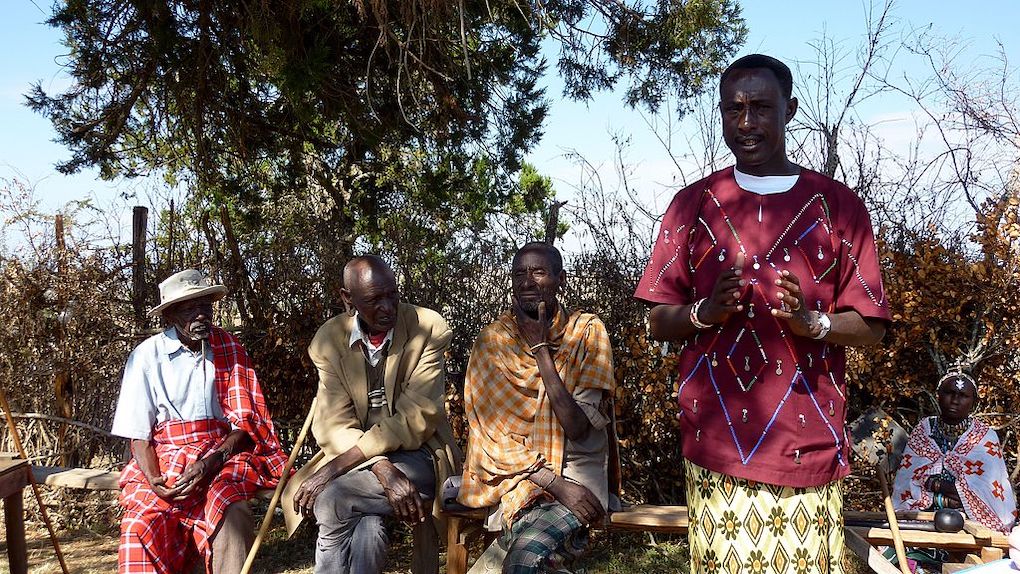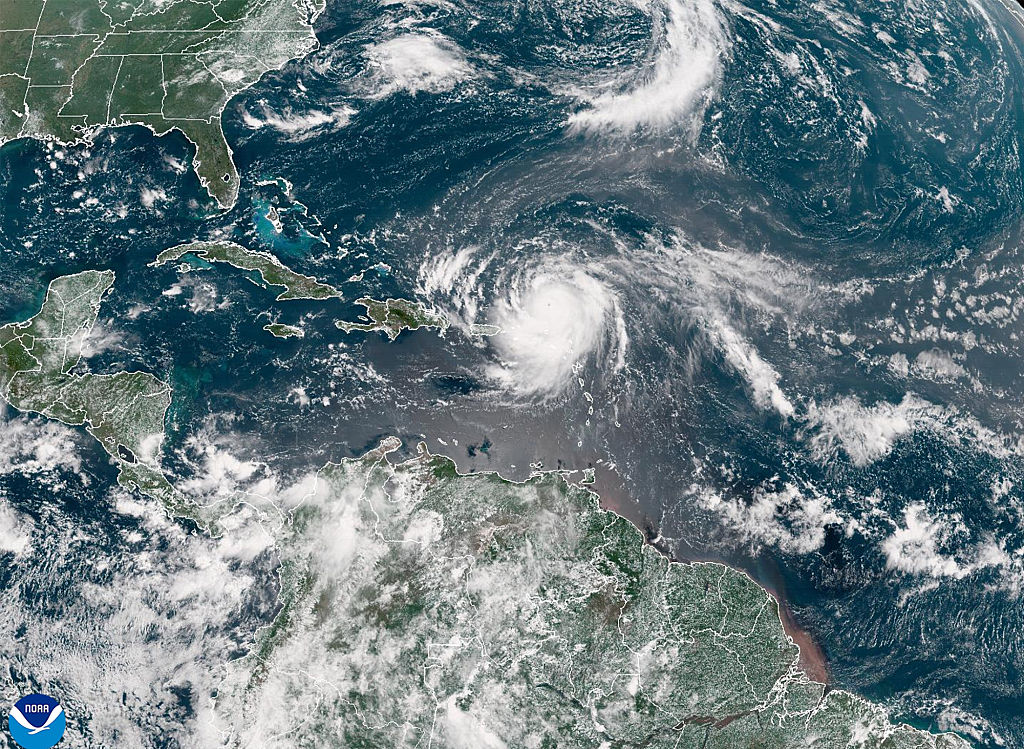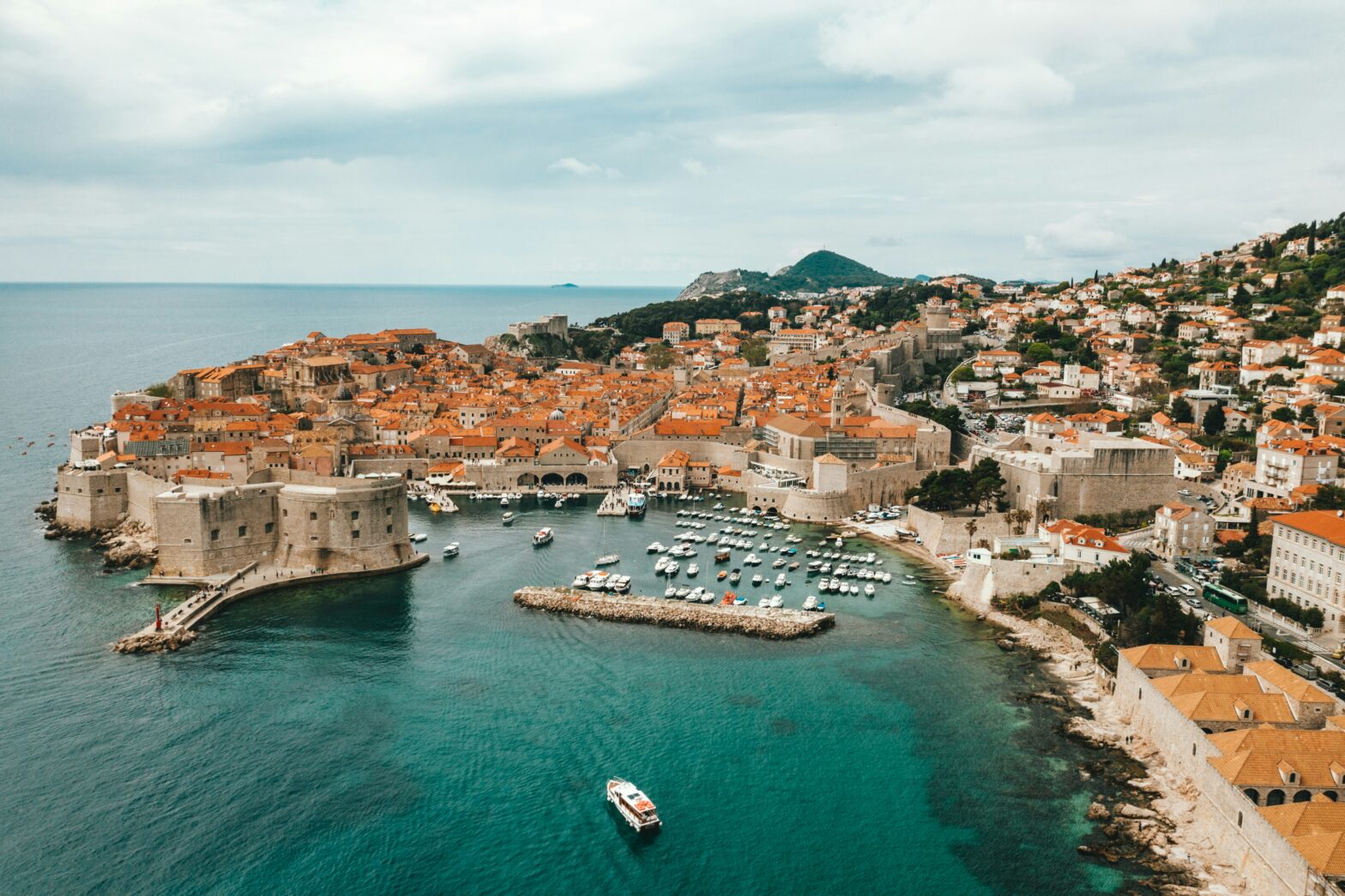There are about 4,000 of Kenya’s Yaaku people left in the country’s Rift Valley. Of the 4,000, only seven people, all over the age of 70, can speak the ethnic group’s Kenyan language, Yakunte, fluently.
The Yaaku are believed to have migrated from Ethiopia to Kenya, where they settled in the Mukogodo forest, west of Mount Kenya, almost 100 years ago.
The Yaaku name translates to “hunting people.” They were known to keep bees and began trading with the Maasai, the country’s largest pastoral people. The Yaaku eventually assimilated into Masai culture, adopting the Masai tongue over their own Cushitic language.
The Yaaku are often considered a subgroup of the Masai but are not officially recognized as one of Kenya’s 42 ethnic groups. Yakunte is one of six Kenyan languages that have been classified as extinct by UNESCO, as reported in Quartz. Seven other languages are considered endangered, according to UNESCO’s Atlas of the World’s Languages in
As the number of Yakunte speakers dwindles, there have been various efforts made to save the Kenyan language. Yakunte speakers and a Dutch researcher wrote a Yakunte dictionary in 2004. Advocates of the people established the Yaaku People Association in 2003, dedicated to preserving its culture. In addition, a local school funded by the French Cultural Group is holding language classes twice a month for young Yaaku according to the BBC report.
An analysis from The Conversation, found that African languages are especially vulnerable as governments adopt official languages while discouraging local ones, in hopes of better forging a “national identity.” Of the 230 languages around the world that have gone extinct since 1950, 37 were in Africa.
UNESCO ranks Sudan the highest when it comes to the number of endangered languages with 65 on the verge of extinction. Cameroon ranks second-highest at 36, and Nigeria and Chad rank third with 29 endangered languages.
Other African countries with the most endangered languages include Ethiopia. Senegal, Kenya, Tanzania and South Africa.





